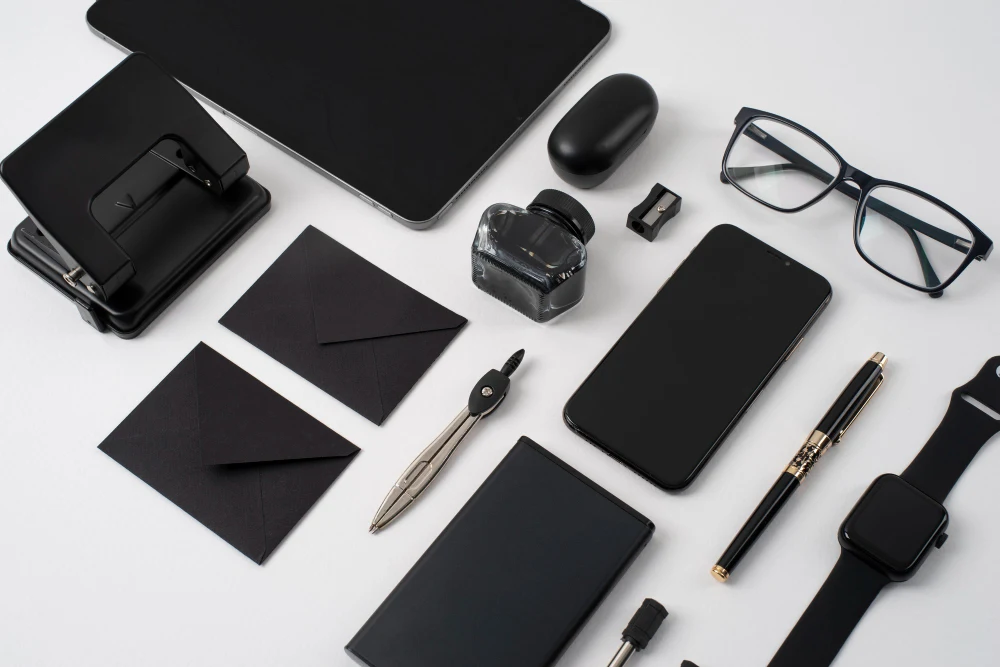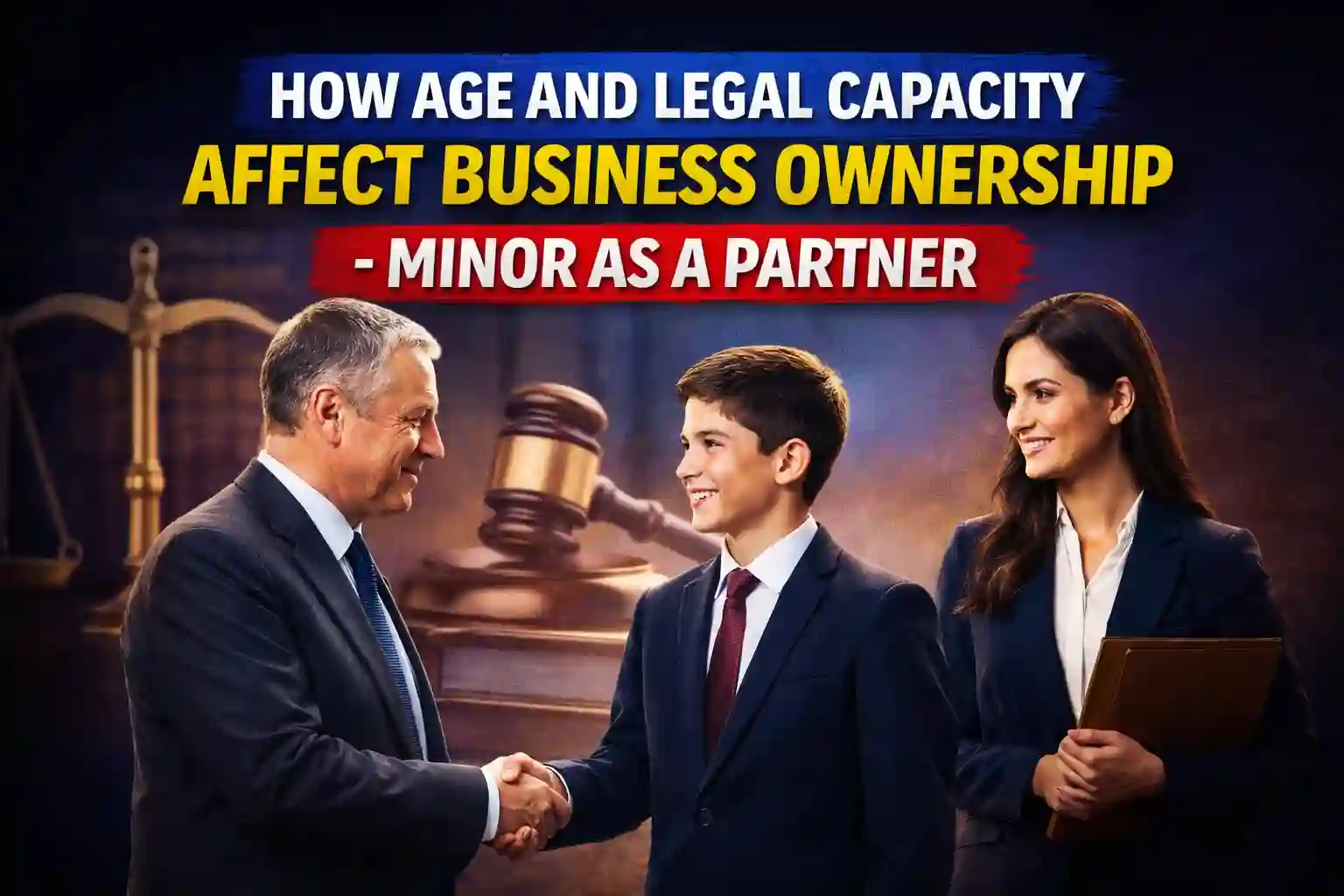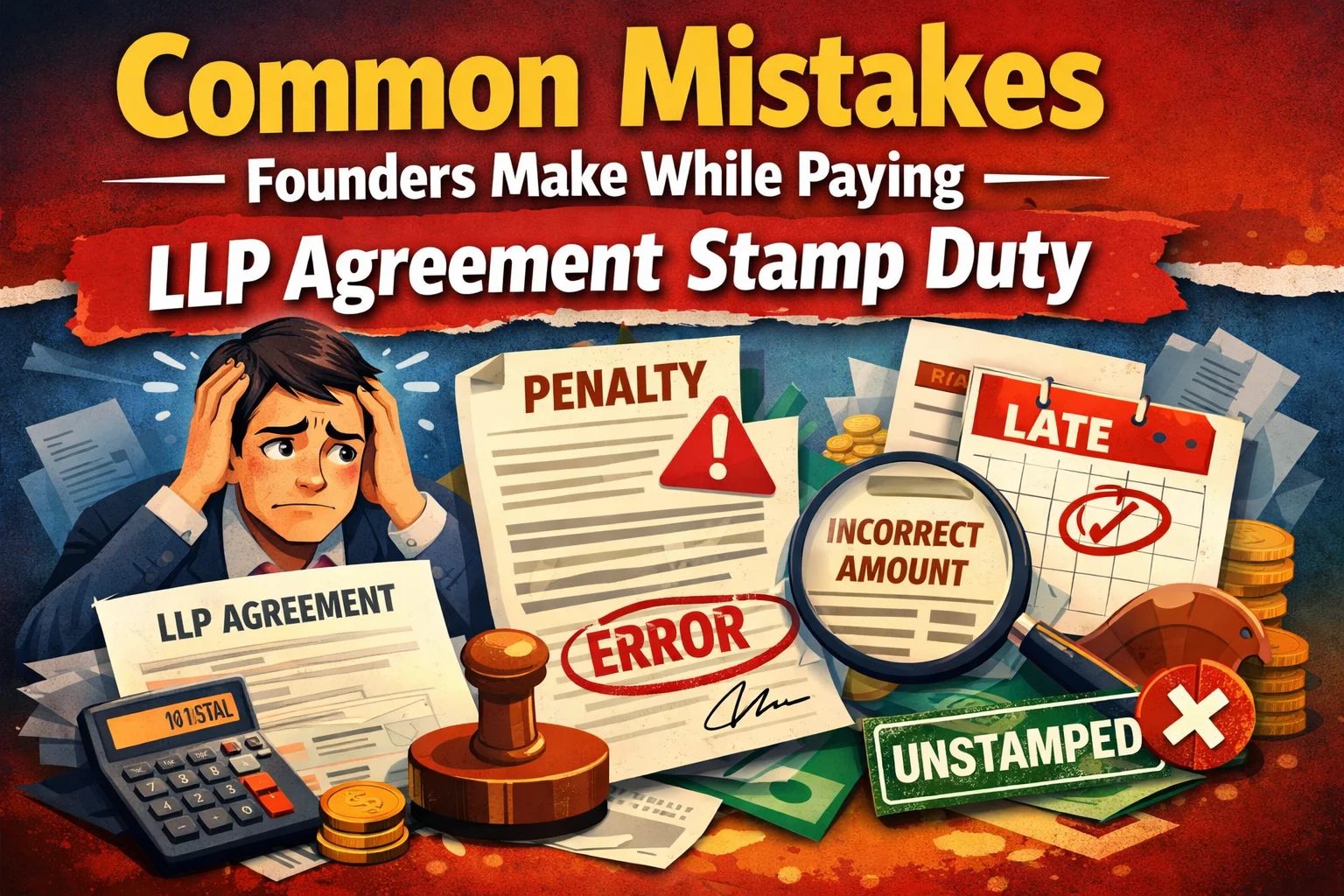I still remember the tiny shop on the corner of our old street, a dusty little store run by a man we all called “Uncle Ravi.” He sold stationery, snacks, batteries, and sometimes even repaired broken toys with scotch tape and faith.
No signboard. No logo. No website. And yet, every kid in our neighborhood knew him.
There was a stationery chain that opened nearby later. Air-conditioned, fancy shelves, imported pens, the works. But when I needed a notebook urgently before an exam, I ran to Uncle Ravi’s store, not the glossy one.
Why?
Because Uncle Ravi wasn’t just running a store. He had built a brand, not in the modern, tech-buzzword kind of way, but in the most human way possible. He stood for trust. Dependability. Familiarity.
That’s the difference.
You Can Market Anything, But Should You?
I learned this lesson years later in a slightly more comical way.
Back in the early 2000s, long before Netflix and Prime Video made us picky about what we watched, we had a small CRT television in the house. One with a stubborn antenna and buttons that clicked like they had grudges. After 11 PM, when all the decent programming ended, the screen became a battleground for loud telemarketing ads.
One night, my aunt got hypnotized by an infomercial for a “miracle mop.” The hosts screamed about how it could clean your floor, windows, and probably your soul.
Three days after it arrived, the miracle mop broke.
We laughed, cursed, and tried to get it fixed, but there was no number that worked, no service desk that answered. That day I understood something essential: Good marketing can sell a bad product. But it can’t build a lasting brand.
A Product Might Sell Once, A Brand Sells Forever
There’s a reason why we call Apple users “loyalists,” not just customers. It’s not just because the iPhone is great; plenty of phones offer the same features. It’s because Apple built a brand around design, innovation, and experience.
Ask someone why they wear Nike. It’s probably not because the shoes last longer; it’s because the swoosh stands for ambition, hustle, and greatness. Just do it. That’s not a slogan, it’s a mindset.
On the flip side, ask yourself what comes to mind when you hear “Chevrolet.” Most people will pause. It’s a car company, sure. But what does it stand for?
Exactly.
If your business has no soul, it becomes a replaceable entity in the consumer’s mind.
The Myth of the Perfect Product
So many founders I meet are obsessed with perfecting their product before launching it. They debate for weeks over font size. They build dashboards with 15 tabs, trying to impress with quantity over clarity. I’ve seen homepages more confusing than IKEA manuals.
But let me break it to you, no one buys because of your font.
People buy when they feel a connection. When your brand whispers to them, “Hey, we get you.”
Don’t chase aesthetics before essence. Domino’s didn’t say “We make delicious pizza.” Everyone says that. They said, “30 minutes or free.” That wasn’t just a promise. It was a personality.
Before You Run, Choose the Right Race
We’ve all been told to “start building.” Launch fast. Iterate faster.
But here’s a question most ignore: What are you even building for?
Most startup failures aren’t because of bad execution. They fail because they followed trends, not purpose. AI, Web3, Crypto, all booming buzzwords. Slap them onto your product, and it feels like you’re in the race.
But what race?
When Instagram launched, it was just a photo-sharing app with filters. No reels. No stories. No DMs. They didn’t try to be everything. They started with something, a clear, simple USP, and built from there.
Your business needs that same anchor.
Finding Your USP in a Crowded World
We’re not in the era of creating completely new things. We’re in the era of doing existing things better, faster, or more meaningfully.
To find your USP (Unique Selling Point), ask yourself:
- What’s broken that I can fix?
Not everything has to be revolutionary. Some of the best businesses just solve annoying problems better than anyone else. - What makes me different?
Different doesn’t mean never-seen-before. It means doing it your way. Your tone, your service, your prices- these can be your USP. - What promise can I make, and keep?
Vague marketing is noise. Specificity is power. “We’ll get your documents verified in 2 hours or your money back” is far more powerful than “fast and secure service.”
Brands Live in Minds, Not Marketplaces
Think about how Starbucks took something as basic as coffee and turned it into a third place, not home, not work, but your spot.
They didn’t just sell caffeine. They sold consistency, comfort, and community.
When you build a brand, you’re not building a product. You’re crafting a memory. A story. A feeling.
No one remembers the 999 businesses that tried to compete on price. But everybody remembers the person who stood for something.
Don’t Just Launch a Business. Craft an Identity.
Your brand is your reputation in human form.
It’s not your logo, your font, or even your catchy tagline. It’s the emotion someone feels when they see your name.
Do they trust you? Do they relate to you? Would they choose you again?
A business focuses on transactions. A brand focuses on relationships.
And in a world full of noise, it’s the brands, not the businesses, that thrive.


